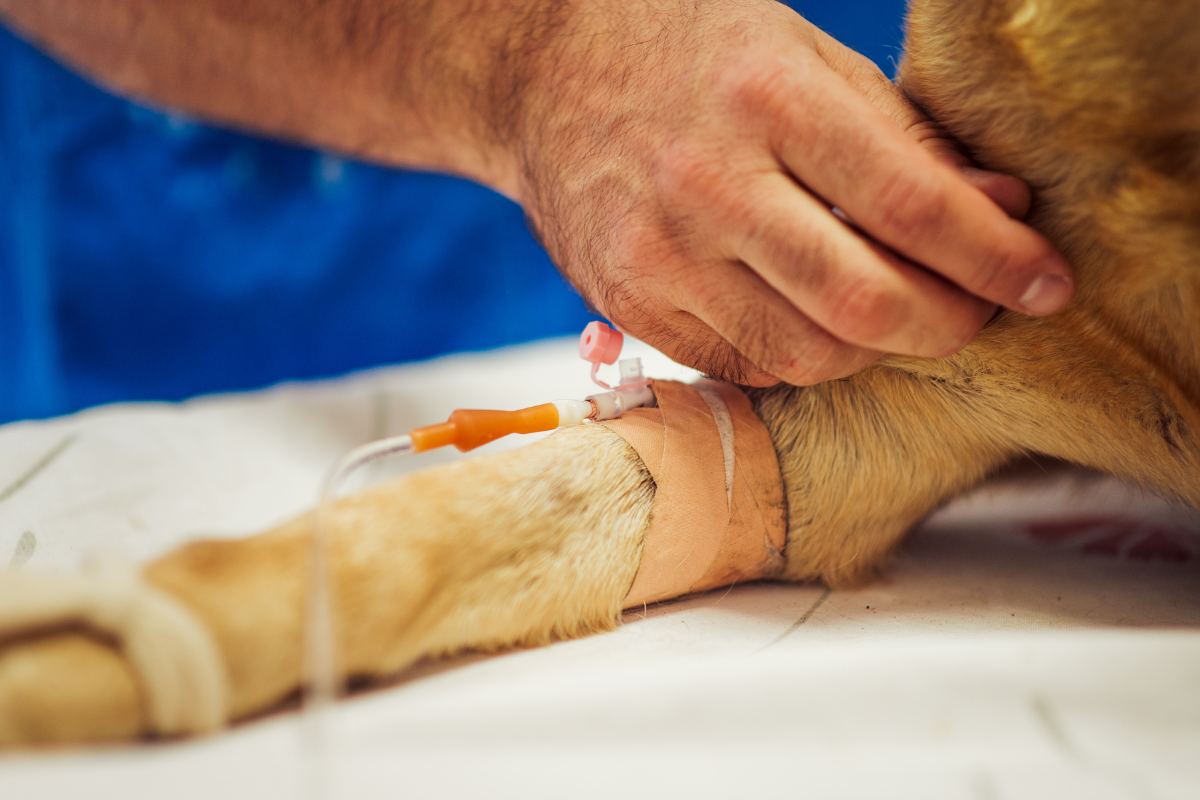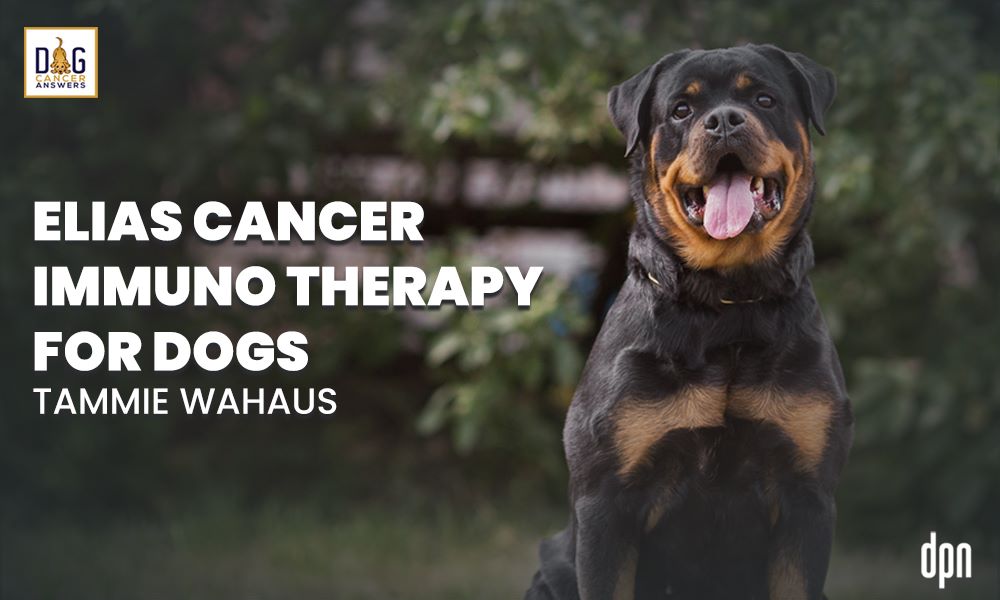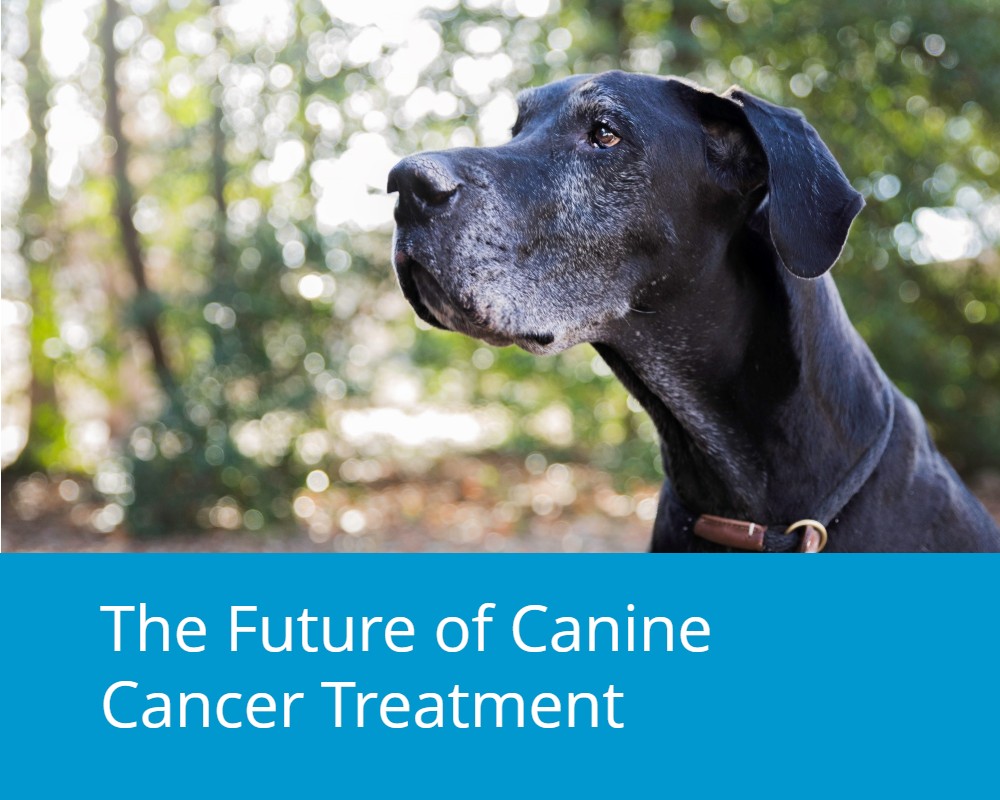ECI®: What to Expect During the T Cell Infusion
The ELIAS Cancer Immunotherapy (ECI®) is an alternative treatment option to chemotherapy for certain types of canine cancer. ECI is a two-step sequential and interdependent protocol. Step 1 involves priming the patient’s immune system with a personalized vaccine that stimulates an immune response. Step 2 is the activation, expansion and reinfusion of the patient’s cancer antigen-specific T cells which can travel to and attack the cancer cells in the dog’s body. We’re often asked if patients can receive only the vaccines, without T cell infusion. Both steps are essential and play different roles in treatment. Stimulating the immune system isn’t enough to eliminate cancer. The vaccine step primes the immune system to create T cells that can specifically recognize the cancer cells. In the second step of the treatment protocol, these T cells are collected from the blood, and then functionally activated and numerically expanded in the laboratory. Once [...]










